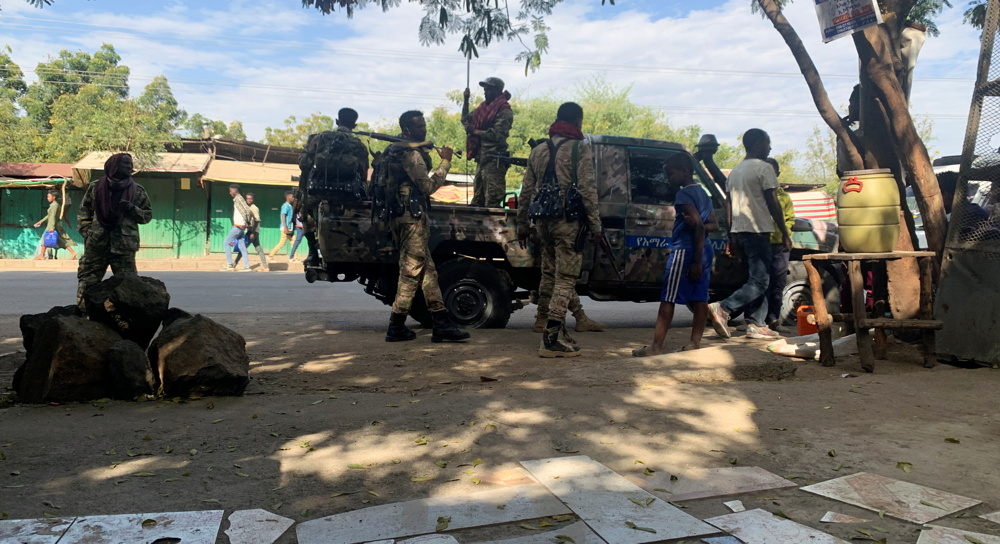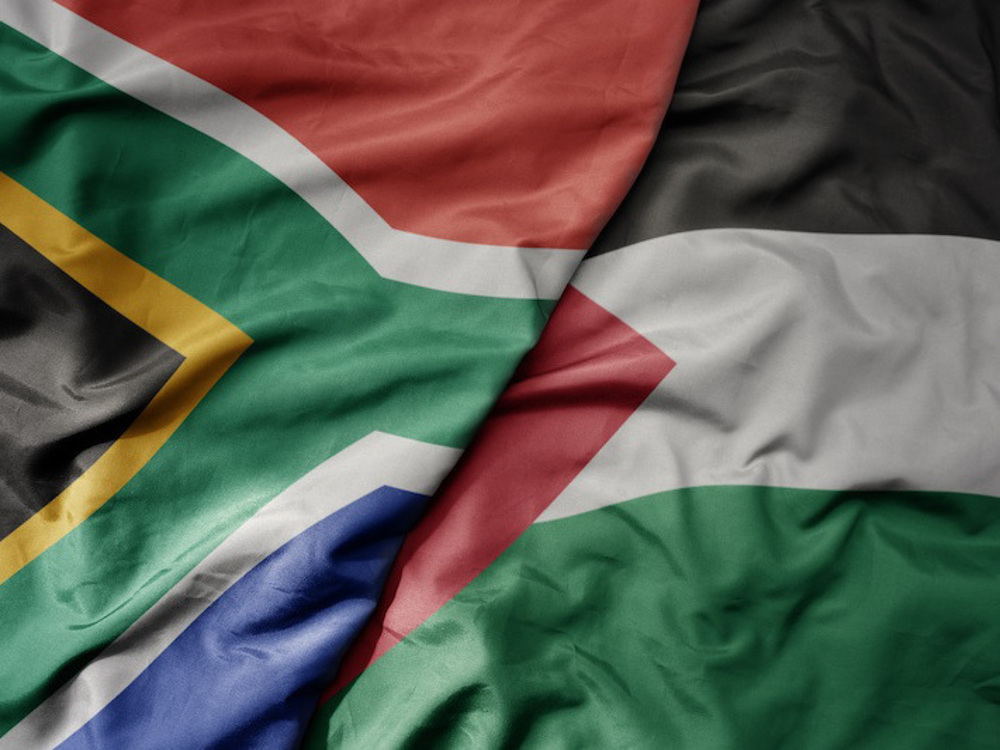Ethiopia PM downplays war fears while hundreds killed in north
Ethiopian Prime Minister Abiy Ahmed has ruled out the possibility of civil war in his country, despite an ongoing military offensive in the northernmost region of Tigray, where security sources say has left hundreds dead in recent days.
“Ethiopia is grateful for friends expressing their concern. Our rule of law operation is aimed at guaranteeing peace and stability once and for all by bringing perpetrators of instability to justice,” he said in a post on Twitter on Monday.
“Concerns that Ethiopia will descend into chaos are unfounded and a result of not understanding our context deeply.”
Abiy’s remarks come as federal government fighter jets have been bombing targets, including arms depots, in Tigray, reportedly killing at least six people and injuring dozens over the weekend.
Tigray’s leaders say the federal government led by Abiy had launched more than 10 airstrikes against them in recent days.
The rebel Tigray People’s Liberation Front (TPLF), which governs the volatile northern region bordering Eritrea and Sudan, did not mention any casualties in a statement on Facebook.
The federal government has confirmed strikes targeting military installations, but Reuters could not verify the number.
Abiy has previously vowed to restore law and order in the state of Tigray and scrap the current government there.
Meanwhile, an unnamed military official has told Reuters that nearly 500 Tigrayan forces have lost their lives during clashes near the border between the regions of Tigray and Amhara.
Another three unnamed security sources said the Ethiopian army had also lost hundreds while defending a military base in the town of Dansha.
An unnamed diplomat also said hundreds were believed to have died.
On Sunday, Abiy ordered the deployment of military forces to Tigray to deescalate rising tensions with the TPLF.
One week ago, at least 54 people from the ethnic Amhara group in Ethiopia’s restive Oromia region were killed in an attack.
The prime minister blamed the TPLF for the attack. His office said the rebel group had also attempted to steal artillery and other equipment from federal forces stationed in the region. He then ordered a military operation.
The government also declared a state of emergency in the region.
Ahmed was awarded the Nobel Peace Prize in 2019 for resolving a border conflict with neighboring Eritrea. He has alleged that the TPLF was threatening that truce.
The Tigrayans held most of Ethiopia’s political power from 1991 to 2018, when Ahmed was elected.
Since then, his government has introduced a number of reforms, including legalizing previously banned opposition groups and making peace with neighboring Eritrea, a longtime foe.
Many senior Tigrayan officials have also been detained, fired, or sidelined, in what the federal government describes as a clampdown on corruption.
The once-powerful party, however, complains of being unfairly singled out in corruption prosecutions.
Tigray’s population makes up five percent of Ethiopia’s 109 million people, but it is wealthier and more influential than many other, larger regions.
Simmering ethnic tensions have now concerned rights groups, which have warned against destabilization in Africa’s second-most populous country.
Trump 2.0 and its possible implications on Ukraine war, NATO and Europe
Israeli commander exposed troops to resistance fire to steal plasma screens
Iran lifts ban on WhatsApp, Google Play
VIDEO | Palestinian childhood under threat
Yemeni forces strike Israeli military site with hypersonic missile
Yemeni missiles alter US, Israel’s calculations: Iranian FM
Israel provides full support for theft of aid to starve Gazans: Report
'Israel booby-trapped walkie-talkies, pagers years before Lebanon blasts'
















 This makes it easy to access the Press TV website
This makes it easy to access the Press TV website